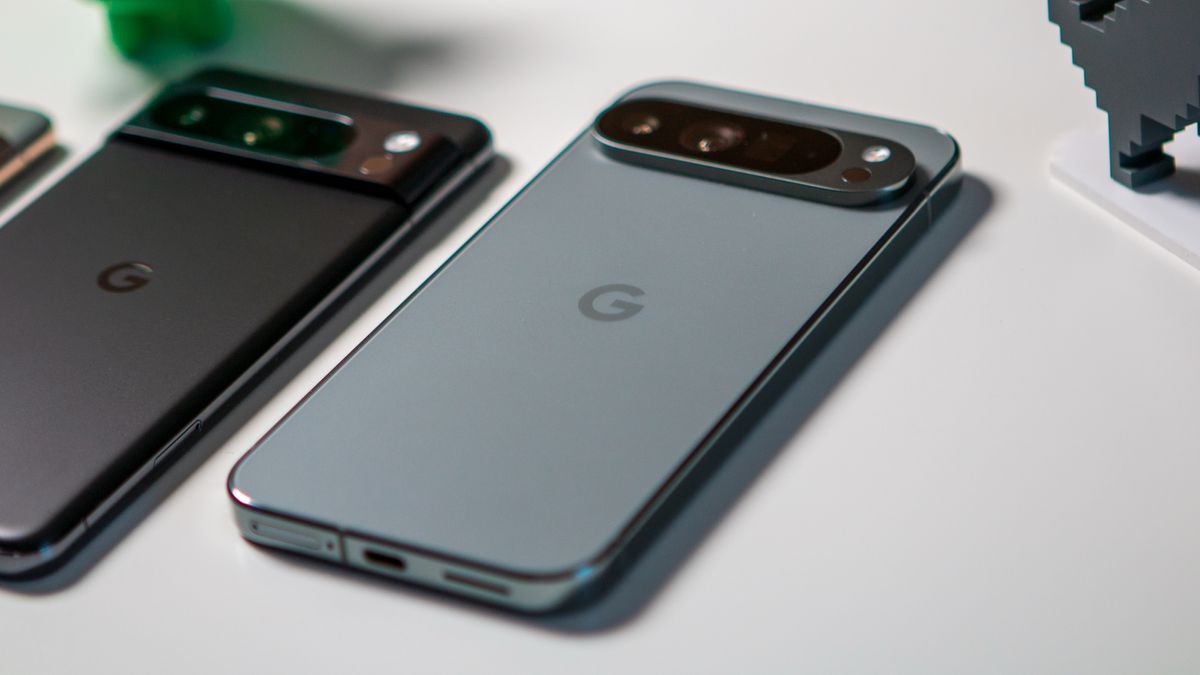What you need to know
- Google is reportedly rolling out several new features for Android under the “Theft Detection” moniker.
- The updates include “Theft Detection Lock,” which is an AI-powered lock screen that seeks out motion akin to someone snatching and running off with your device.
- Offline Lock gives users remote control over their device if it’s stolen and Offline Lock is a useful backup if a thief shuts off your phone’s Wi-Fi or cell signal for too long.
- Google previously teased these features during I/O 2024 alongside several more security measures in the works, like “Private Spaces” for Android 15.
Reports suggest that Google is starting to roll out some new security features for Android, which were teased during I/O 2024.
A post by Mishaal Rahman on X states Google has started pushing three new Theft Protection features: Detection Lock, Offline Device Lock, and Remote Lock. The features were originally spotted on a Xiaomi 14T Pro in the U.S., but additional reports by other users claim Google’s pushed the security enhancements globally.
Google highlighted several features to safeguard user data and sensitive information on Android in May. The company wrapped the new tools under a “Theft Protection” banner, which included the AI-powered screen lock known as “Detection Lock.” Google stated during I/O 2024 that, when enabled, this feature would look for motions akin to someone snatching your device and running off.
If your phone detects this, it will lock itself for protection.
These three features actually appear to be rolling out globally, judging by all the replies I’ve received! https://t.co/IAj8NLcST0October 5, 2024
Remote Lock is similar; however, this version lets users lock their phone (you guessed it) remotely. The initial announcement stated that users would need their phone number to complete this, as well as the completion of a security challenge. Devices running Android 10 and newer are eligible to receive this feature.
Rounding out the update is “Offline Lock.” Malicious persons who’ve taken your device offline (Wi-Fi, cell data) for a “prolonged” time will lose access to the phone. Moreover, if they attempt to guess your password and fail too many times enables further locking parameters. Android 10 and newer devices are eligible for this feature.
Users have noticed these features in India, Germany, and the EU alongside the U.S. However, it’s worth noting that some users have not seen all three features in various regions, likely indicating Google’s continuous rollout.
The other side of that major security post from May was “Private Spaces.” This secluded area on your device functions similarly to your Safe Folder. Inbound for Android 15, users can set up a Private Space on their phone to hide away apps with sensitive information (like health and banking) behind a unique PIN. Elsewhere, Google stated it was looking into safeguarding your one-time passwords.
The company teased it was working on bolstering its Android fraud protections and expanding the software’s Restricted Settings.
Pixel 9 is magic
Google’s Pixel 9 can be a great entry into the company’s Pixel series. The device delivers a large 6.3-inch display, flat sides, and rounded corners for a comfortable hold. Crisp cameras such as its 50MP primary lens are backed up by Gemini’s on-device AI tools for editing and more.

